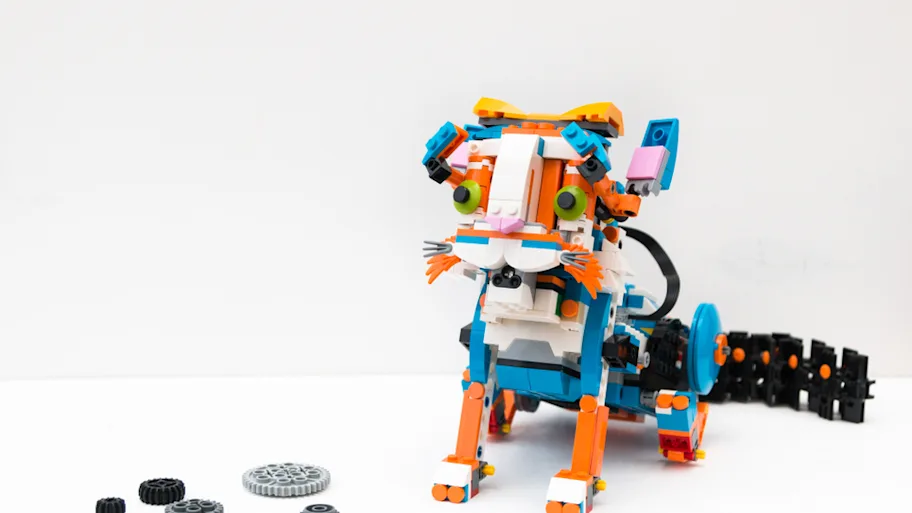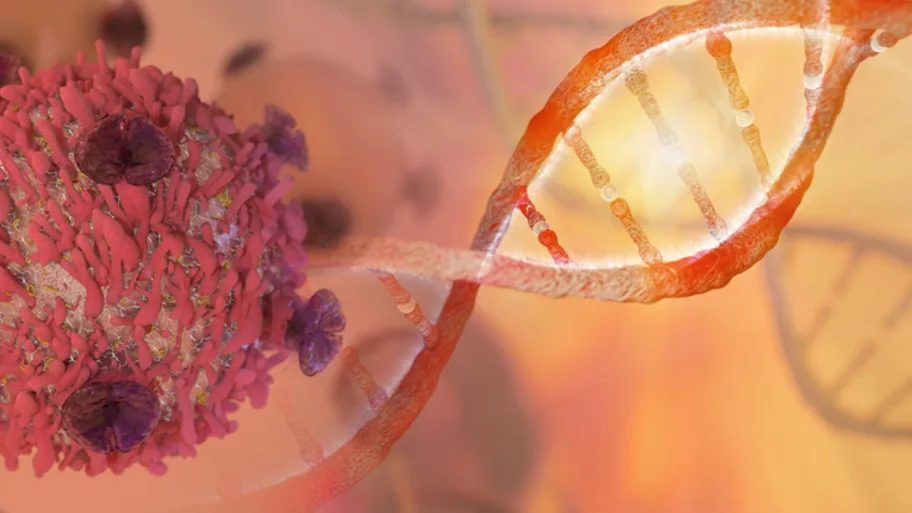
- Science News
- Featured news
- AI World Cup: Infant-trained simulated robots win ‘RoboCup’
AI World Cup: Infant-trained simulated robots win ‘RoboCup’

The study has relevance for clinicians and physical therapists – and also for researchers working on Artificial Intelligence. Image: Shutterstock
Football-playing robots trained to walk using real infant walking paths scored more goals and won more games than robots trained to walk in straight lines, circles or squares
— By Tanya Petersen, Frontiers science writer
In the first study of its kind, researchers investigating motor skill development used walking paths generated by infants to train simulated football (soccer)-playing robots. In a simulated tournament, they found that the more varied the infant walking, the better the robot team’s performance. Published in Frontiers in Neurorobotics, the findings suggest that variety is important in the development of adaptive and proficient motor skills. The research also demonstrates the potential of using infant behavior to develop Artificial Intelligence (AI).
**Variety Wins: Soccer-Playing Robots and Infant Walking**► Read original article► Download original article (pdf)
The study tested robots in simulated games. In the first tournament, researchers compared the performance of a simulated robot football team trained on infants’ natural paths to that of teams trained on less varied, geometric paths like straight lines, circles and squares. Across 1,000 head-to-head simulated soccer matches, the infant-trained team consistently won.
In the second tournament, robot teams trained on different clusters of real infant walking paths were compared. The researchers found that the team trained with the most varied combination of path shape, step direction, number of steps and number of starts and stops outperformed teams trained with less varied paths.
Lead authors Dr Ori Ossmy and Justine Hoch, from New York University, say the results indicate that variety is a crucial feature supporting functional walking performance.
“Infants must learn how to generate and interpret new information as they move through a dynamic world. But how? Walking is tremendously creative. No step is ever repeated in the same way. Infants run around a lot, often seemingly with no clear goal or destination in mind. Although this is typically considered a reflection of immaturity, infants’ naturally varied training regime may, in fact, be beneficial for learning to walk.”
Ossmy and Hoch say the research has relevance for clinicians and physical therapists wanting to train functional, adaptive motor skills like walking. Equally interesting is that observations of infant behavior could also inform research on Artificial Intelligence.
Related: Artificial intelligence tricked by optical illusion, just like humans
“Our findings support a growing body of literature that suggests that infants’ developmental training may constitute an ordered curriculum that facilitates learning and generalization. With advances in technology and data science that make collecting, storing, and analyzing large-scale datasets tractable, quantifying infants’ natural training input has become increasingly possible.”
The researchers caution that in the current study it was not possible to know which specific aspects of variable walking helped the infant trained robotics team outscore all other trained teams. Future studies along these lines may provide important insights to what makes everyday walking experience so beneficial.
They are now using similar methods to investigate the relationship between different training courses and how varying the penalty for error, for example falling, affects learning. Ossmy and Hoch say they see a large opportunity for further work.
“Developmental science is notoriously slow and stands to benefit from the speed and control of AI simulation. AI is notoriously data hungry and developmental researchers have begun to amass large corpora of data about infants — nature’s fastest most flexible learning machines. We hope that our new data will spur advancements in both developmental science and AI.”
Original article: Variety Wins: Soccer-Playing Robots and Infant Walking
REPUBLISHING GUIDELINES: Open access and sharing research is part of Frontiers’ mission. Unless otherwise noted, you can republish articles posted in the Frontiers news blog — as long as you include a link back to the original research. Selling the articles is not allowed.






